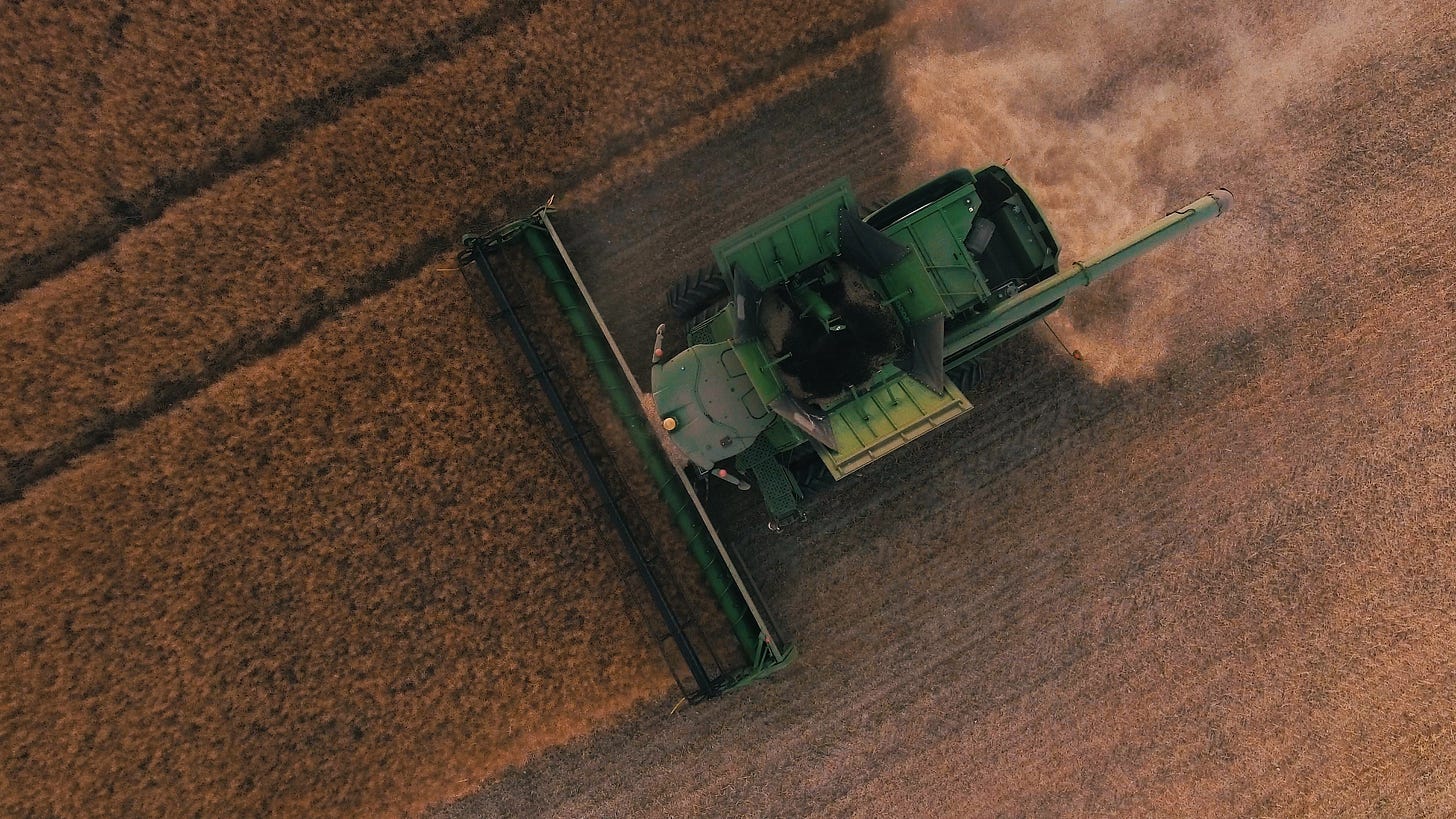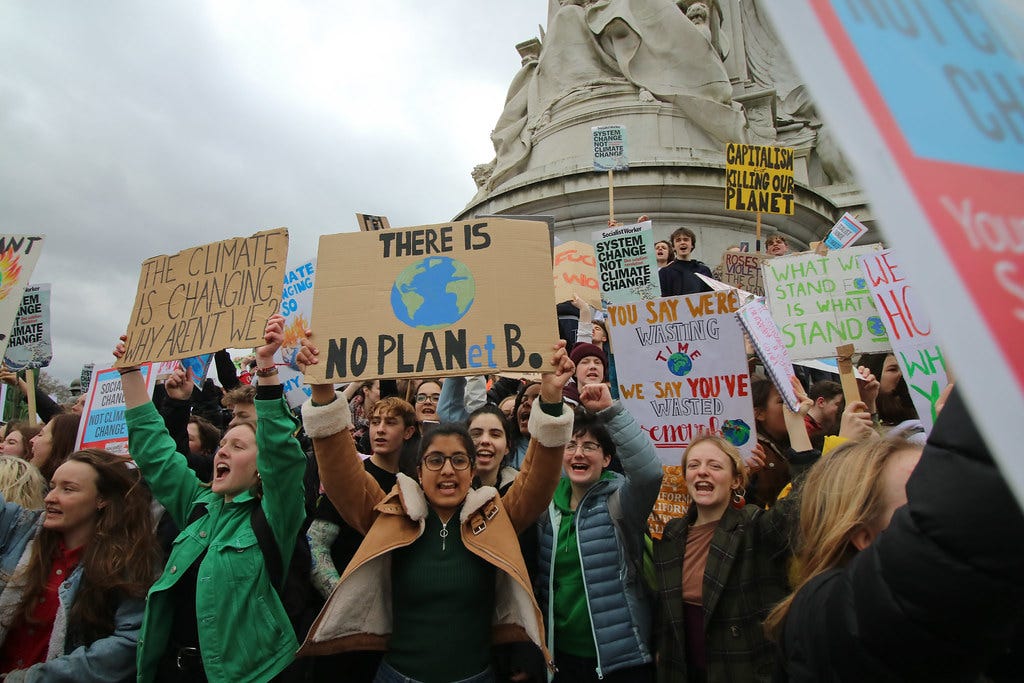The problem with climate conferences: towards a more radical approach
From the UNFSS to COP26, global climate talks are being accused of favouring the status quo: corporate interests and techno-fixes.
The transformation of our food system is necessary if the world is to meet the UN’s Sustainable Development Goals of zero hunger by 2030 and net-zero emissions by 2050. According to the UN, food systems are responsible for one-third of global greenhouse gas (GHG) emissions, while more than 8.9 percent of the world population are still hungry.
The future of global food security also, of course, depends on rapidly adapting agriculture to a changing climate.

Increased discussion of the food/climate link, and of the need for agricultural transformation, led to the first ever UN Food Systems Summit (UNFSS) last month. Something quickly became clear at the conference. This will be no simple problem-solving exercise. Like the energy sector, food is occupied by multiple stakeholders – with conflicting agendas and notions of sustainability.
The UNFSS was particularly mired in controversy for its ‘undemocratic’ agenda-setting processes. These arose out of private talks between the UN and the World Economic Forum.
Critics of the Summit cite the exclusion of civil society advisory groups from agenda-setting as a major concern. This includes the Civil Society and Indigenous Peoples’ Mechanism (CSM), which has existed in global food systems talks since the UN Committee on World Food Security in 2010.
Indigenous peoples steward 80 percent of the world’s biodiversity, but their way of life and food security is threatened by the intensification of agriculture.
And without meaningful consultation of these communities, the Summit is advancing the private sector’s high-tech solutions to food insecurity. Such solutions include those of the Alliance for a Green Revolution in Africa (AGRA), which is expanding the production of commodity crops on the continent. Arming small-scale farmers with fertilisers, pesticides, and “high-yielding” hybrid seeds, this attempt at improving incomes and reducing food insecurity is already failing, eroding Indigenous peoples' and farmers' subsistence livelihoods and associated biodiversity.
The UNFSS sidelined solutions favoured by organisations representing Indigenous peoples and small-scale farmers – like agroecological farming and food sovereignty. Hundreds of groups boycotted the summit, joined by committees of scientists and unions, as a result.
Countdown to COP26
With the 26th UN Climate Change Conference of Parties (COP26) in Glasgow less than a week away, a UK-based coalition sharing these values of justice and equity in climate talks is demanding that the conference prioritise human rights in its agenda.
Youth, scientists, NGOs, trade unions, activists, and civil society organisations make up the COP26 Coalition, organising to amplify the voices and demands of those on the frontlines of the climate crisis: predominantly Global South and Indigenous communities.
Inspired by the counter-summits that emerged resisting the UNFSS agenda, the Coalition is, Roz Corbett tells Ours to Save “working to analyse and challenge the narratives and actions that multinational corporations are using in spaces such as COP.” Corbett is COP26 Coordinator at the Landworkers’ Alliance (LWA).
The Coalition is equally concerned about the private sector’s role at the COP26:
"It's no surprise that finance is the theme for the first day," says Corbett. "Free market approaches are openly pushed by the UK government."
COP26 has also received criticism for its inaccessibility to Global South participants, who are already facing the destruction of the climate crisis on their health, land, and livelihoods. Representation from these communities will be significantly lacking at the Conference in Glasgow, as vaccine apartheid and COVID-19 travel restrictions hit them hardest.
As a result, the COP26 Coalition is decentralising its approach to organising, with a Global Day of Action for Climate Justice planned for 6 November, and a virtual three-day People’s Summit with a programme of talks and workshops from 7 November.
“Movement building is a key goal of the coalition,” says Roz. And they hope that this work “can more effectively challenge” the various false solutions put forward by oil companies and greenwashing corporations.
Georgie Hurst is a musician and postgraduate Environmental Anthropology student, currently researching food sovereignty and agroecology movements.
Featured image courtesy of Friends of the Earth International.





